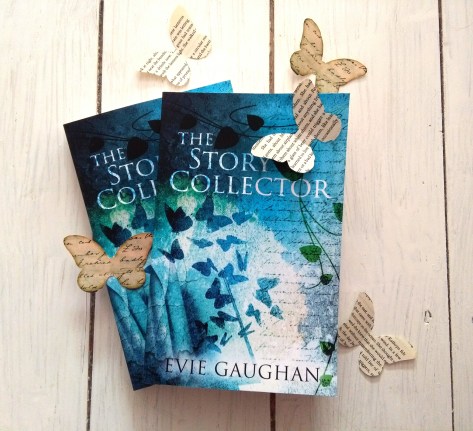Journalist Gracy Olmstead examines modernism’s legacy of sterile efficiency and the anti-human spaces it spawned:
But in modernity … we chose to dispense with precedent and tradition. We decided to distrust the “spooky wisdom” of the past—whether it had to do with old-fashioned agrarianism or dense walkability—and instead start from scratch, inventing our own way of doing things. Thus, freeways cut through the core of our cities, severing neighborhoods and communities. Suburbs sprung up around cosmopolitan centers, fashioning their own car-centric rhythms and culture. Farmers, meanwhile, were told to “get big or get out,” to trade diversity and sustainability for homogeneity and profit. Small to midscale farms steadily lost land and resources to their larger, industrialized counterparts.
The “spooky wisdom” she writes about is a term borrowed from quantum theory. It refers to intuitive insights that work even though we can’t fully explain WHY they work. Olmstead offers examples from ancient cities and rural communities whose designs not only fulfilled profound human needs but have survived and thrived over long centuries. Her great-grandfather, she notes, resisted the efficient yet inhumane practice of “confined animal feeding” on his small farm because providing open pastures “made the animals happy and kept the land pretty.”
I’ve long believed that our longing for beauty rises from our deepest needs and provides crucial guidance in meeting those needs. Our yearning to interact and enjoy nature and other people has been pushed aside in favor of gratifying material wants. In the mad rush to get there faster and consume more and more, we’ve managed to sequester our bodies in polluting cars or in the shadows of towering buildings. And we wonder why we feel so isolated and small.
However, some hopeful currents are stirring, from the return to small, sustainable agriculture to walkable greenways in our cities. Nature tends to be self-correcting, and I believe the pain inflicted by modernism is a signal we as a species are finally responding to.











